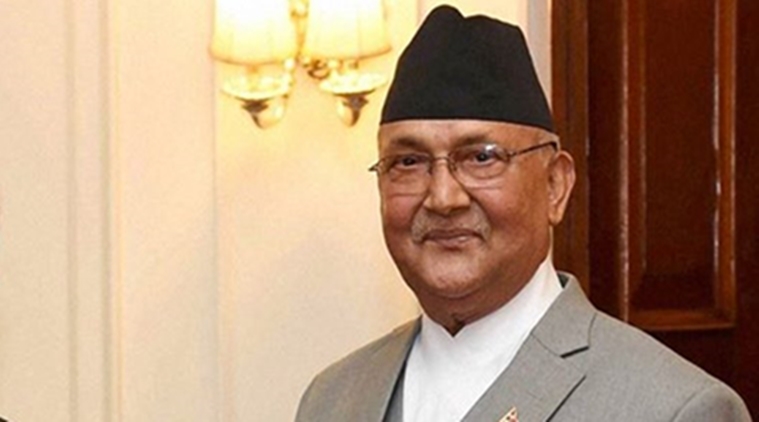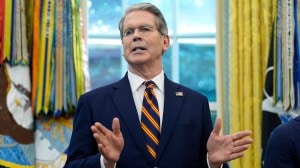Nepal & India: Relations at a new low?
Nepal's neighbour, and especially its MEA and RAW bureaucracy who together worked on the mediation and the subsequent political developments along with the Nepali actors, were seen as a 'patron' of democracy in Nepal.
 Prime Minister of Nepal KP Sharma Oli (PTI photo)
Prime Minister of Nepal KP Sharma Oli (PTI photo)
India has always been an important factor in Nepali politics, especially after April 2006 when radical changes in Nepal and India’s mediation in bringing together eight parties including the insurgent Maoists and pro-federalism Madhesi groups, gave India unprecedented popularity in Nepal.
Nepal’s neighbour, and especially its MEA and RAW bureaucracy who together worked on the mediation and the subsequent political developments along with the Nepali actors, were seen as a ‘patron’ of democracy in Nepal. While Delhi became a regular and preferred pilgrimage for the Nepal leadership and all those involved in the changeover, Indian diplomats would speak openly about Nepali politics and issues.
[related-post]
That is no longer true. The eight groups that India helped come together 10 years ago are fragmented — some have even turned into bitter rivals. And after India’s reservations on the new Constitution last year and blockade that followed, Nepal-India relations reached a new low– India lost its role and acceptability.
So much so that now, a comment by India or its diplomats on Nepali politics raises hackles in Kathmandu and a visit by any Nepali leaders to Delhi is regarded with suspicion. Prime Minister K P Oli has publicly and apparently in private too this time, told Indian diplomats not to ‘interfere in Nepal’s internal politics’. Maoist chief and former prime minister Pushpa Kamal Dahal has repeated his statement that ‘India ‘s micro-management will not be acceptable’.
Oli’s anger appears to have increased with the alleged game to topple his government that began soon after the return of Nepali Congress chief Sher Bahadur Deuba and Maoist leader K B Mahara from Delhi – both have allegedly engaged in a failed attempt to bring down the government.
Nepal’s ambassador to Delhi , Deep Kumar Upadhyay , bore the brunt of this anger when Oli dismissed him soon after he torpedoed efforts to oust him. The PM suspected that Upadhyay was part of the plan to dismiss him, and had ‘frequent interactions with Indian Ambassador Ranjit Rae’. His dismissal has received a great deal of publicity since it came along with the Nepal government’s decision to call off the visit of President Bidhya Bhandari to Delhi and Ujjain in the wake of Oli’s retaining power in the Himalayan republic.
Photos





- 01
- 02
- 03
- 04
- 05

































